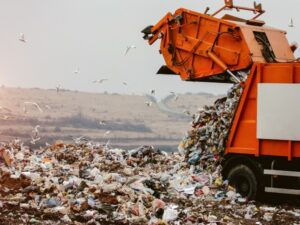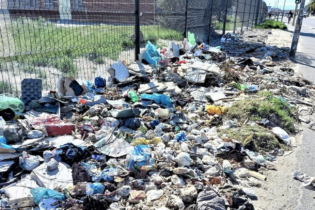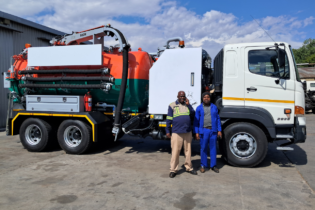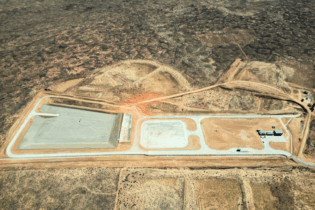The South African plastics industry’s collection and recycling initiatives have had a positive effect on reducing the amount of plastic waste in the environment and society.
Plastics SA’s Executive Director, Anton Hanekom says there has been a 35% increase in the use of recycled content in plastic products over the last 10 years, and this will continue to be a big drive for the industry moving forward. “Up to 43,7% of the plastic products that are being produced in the country are being collected. The South African recycling value chain is long, with costs added and materials lost along the way. Ultimately, we recycle up to 22% of plastic waste that passes through this process. This is much higher than some countries in the world,”says Hanekom. There has been an increase in plastic packaging products in the country as a result of the high demand for health and hygiene products during the Covid-19 pandemic. Especially, in 2020 when very strict measures were implemented to contain the spread of the virus. The plastics industry reportedly expanded from 17% of manufacturing gross-domestic-product (GDP) before the Covid outbreak to 20% of GDP. The per-capita consumption of plastic products is about 24kg per South African citizen and 29kg per person when adding recycled content.Sustainability Director at Plastics SA, Douw Steyn stated that the industry continues to work hard to improve its reputation considering concerns regarding the impact of plastic waste on the environment and societies.
Plastic waste is the primary concern that is also ending up in the oceans and on beaches. “Research has shown that 80% of litter on beaches and in the oceans consists of land-based waste. It is for this reason that we have launched a number of initiatives geared at keeping our country’s river-catchment areas clean of plastic waste,” Steyn said. Working closely with all relevant stakeholders, including the various levels of government, Producer Responsibility Organisations (PROs), and educators, Plastics SA’s projects in these areas encompass waste management and recycling and education, training, and awareness. In addition to clean-up campaigns. Local informal recyclers, small businesses, and NGOs are also empowered to help change mindsets around used plastics to encourage more recycling.





